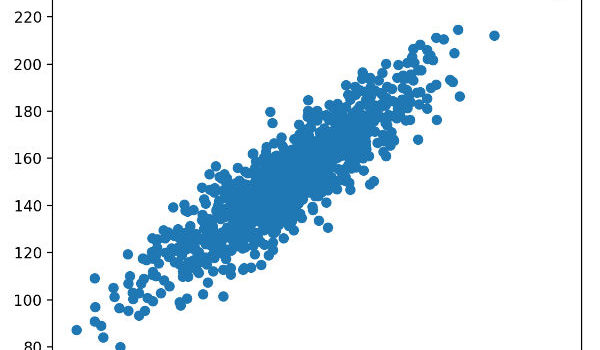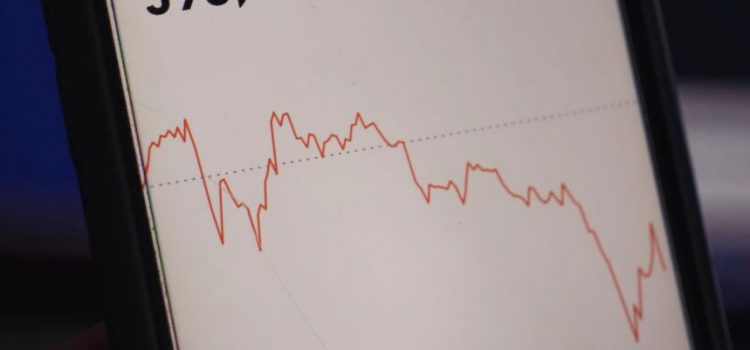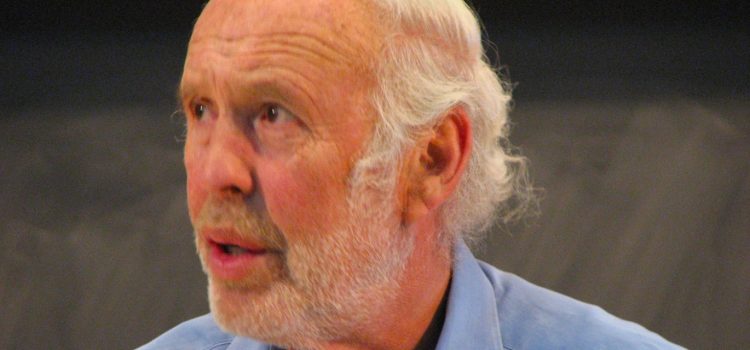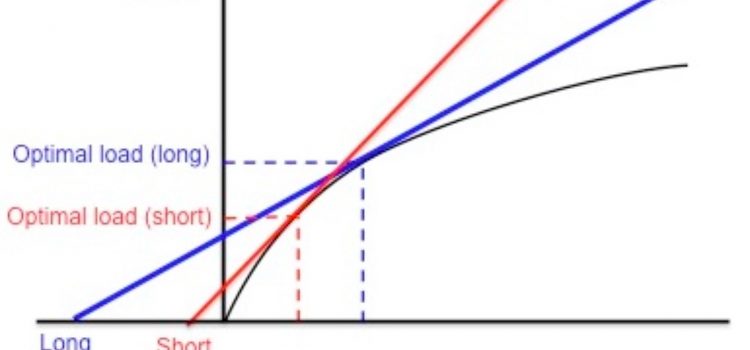Do you ever confuse correlation with causation? How can you accurately determine the cause of something? In Rationality, Steven Pinker examines why people make irrational decisions. Often, people run into problems when considering causation and correlation. He explains how to avoid the trap of linking them when they’re not connected and offers some tips on how to determine actual causes. Continue reading to understand why correlation doesn’t equal causation.
Steven Pinker Explains Why Correlation Doesn’t Equal Causation










